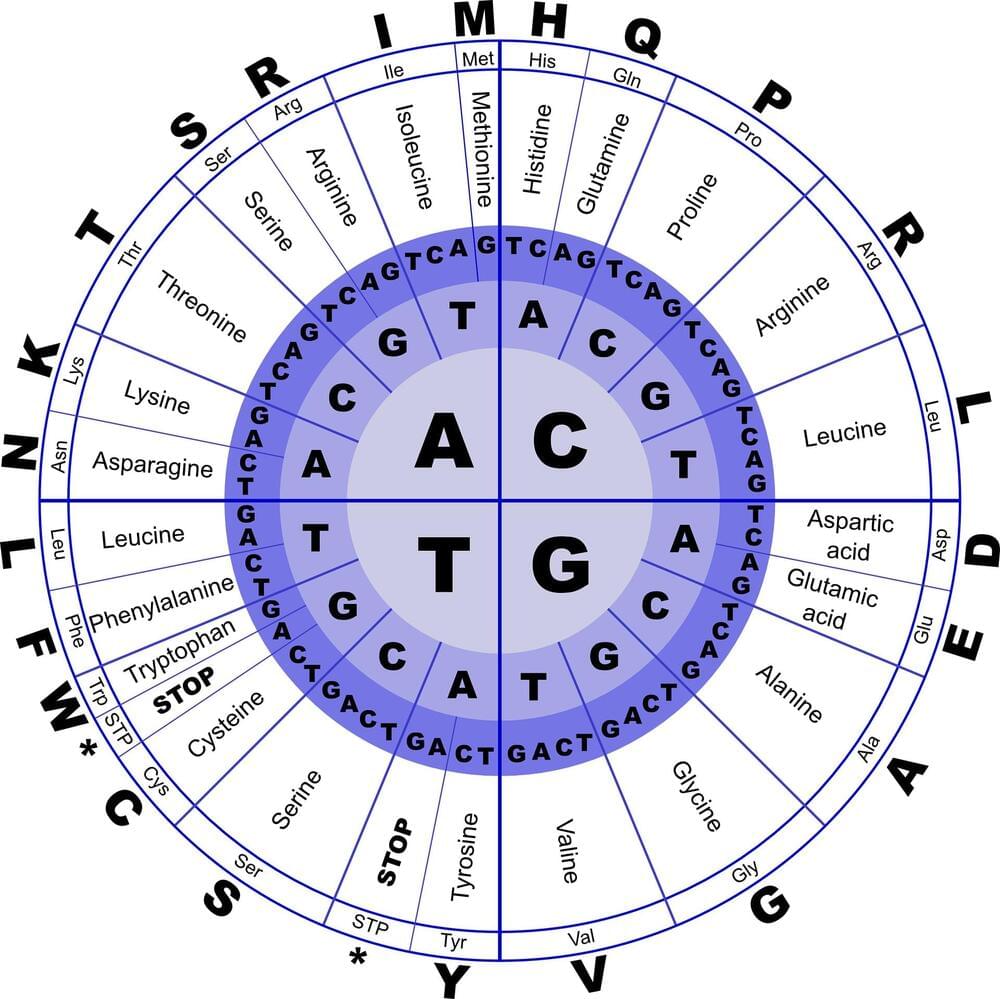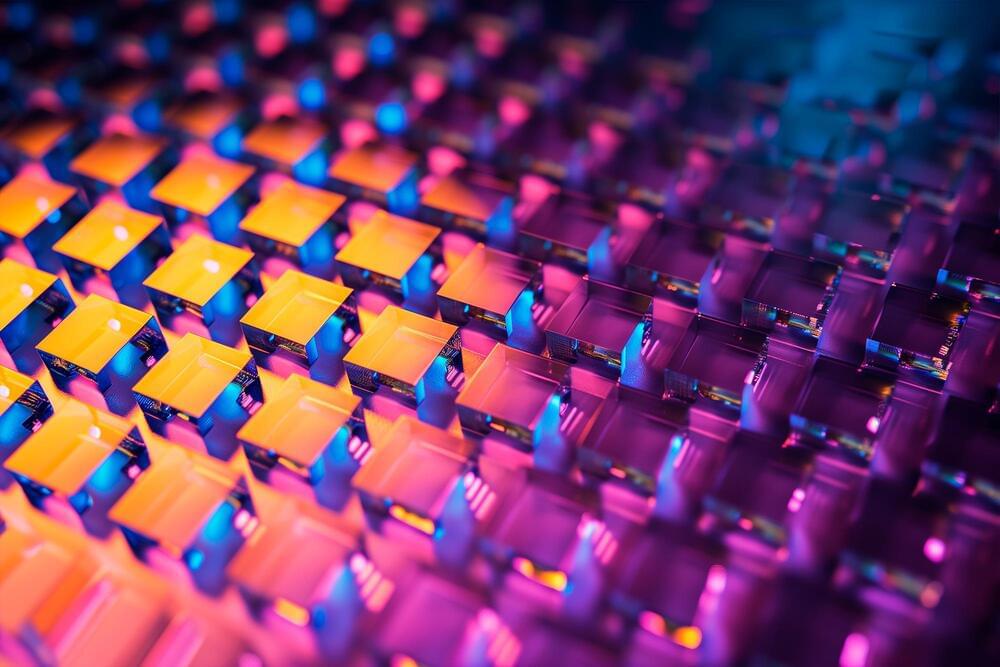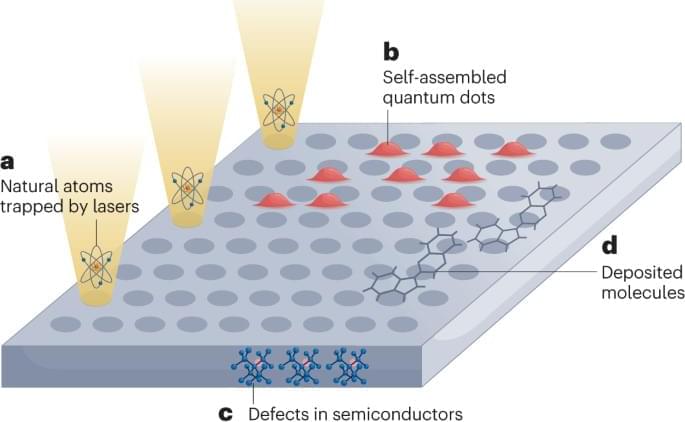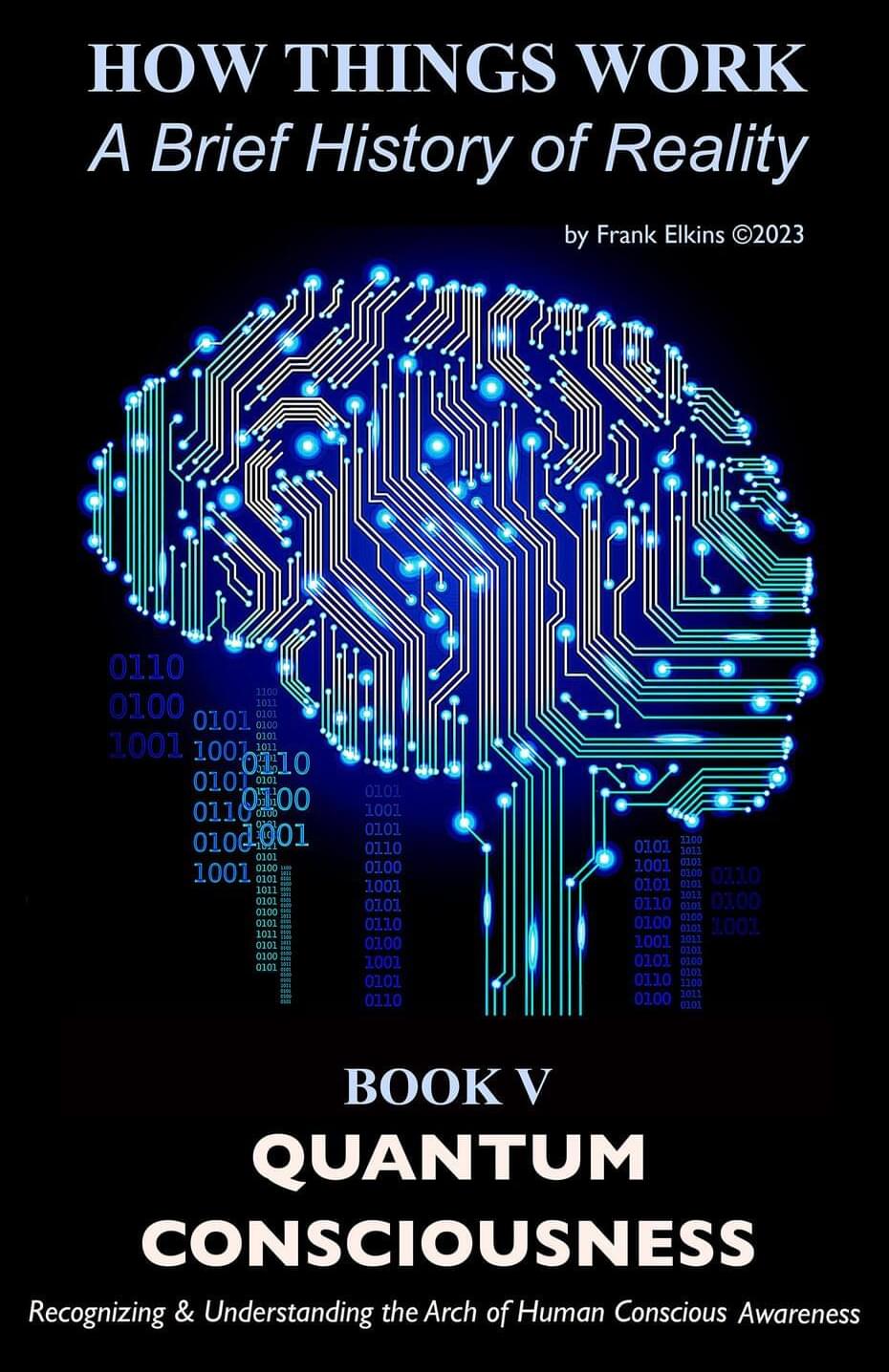Ancient concepts of the relational interdependence of humans and nature are being revived.



Basic biology textbooks will tell you that all life on Earth is built from four types of molecules: proteins, carbohydrates, lipids, and nucleic acids. And each group is vital for every living organism.
But what if humans could actually show that these “molecules of life,” such as amino acids and DNA bases, can be formed naturally in the right environment? Researchers at the University of Florida are using the HiPerGator—the fastest supercomputer in U.S. higher education—to test this experiment.
HiPerGator—with its AI models and vast capacity for graphics processing units, or GPUs (specialized processors designed to accelerate graphics renderings)—is transforming the molecular research game.

Scientists outline new processes for leveraging hafnia’s ferroelectric features with the aim of enhancing high-performance computing.
Scientists and engineers have been pushing for the past decade to leverage an elusive ferroelectric material called hafnium oxide, or hafnia, to usher in the next generation of computing memory. A team of researchers including the University of Rochester’s Sobhit Singh published a Proceedings of the National Academy of Sciences study outlining progress toward making bulk ferroelectric and antiferroelectric hafnia available for use in a variety of applications.
In a specific crystal phase, hafnia exhibits ferroelectric properties—that is, electric polarization that can be changed in one direction or another by applying an external electric field. This feature can be harnessed in data storage technology. When used in computing, ferroelectric memory has the benefit of non-volatility, meaning it retains its values even when powered off, one of several advantages over most types of memory used today.
Are you curious about the future of Artificial Intelligence (AI) and how it will be impacted by Quantum Computing? Join us on an exciting journey into the world of technology as we explore how Quantum Computing is set to revolutionize AI by the year 2027. In this video, we will delve into the fascinating realm of Quantum Computing and its implications for the future of AI.
Quantum Computing, a cutting-edge field in computer science, harnesses the principles of quantum mechanics to perform computations at speeds unimaginable with traditional computers. By leveraging the power of quantum bits or qubits, Quantum Computing has the potential to exponentially increase processing power, enabling AI systems to tackle complex problems with unprecedented efficiency and accuracy. Imagine a world where AI algorithms can analyze vast amounts of data in seconds, leading to groundbreaking discoveries and innovations across various industries.
As we look ahead to 2027, experts predict that the synergy between Quantum Computing and AI will reach new heights, transforming the landscape of technology as we know it. With Quantum Computing capabilities integrated into AI systems, we can expect significant advancements in areas such as machine learning, natural language processing, and data analytics. These advancements will not only revolutionize how AI applications function but also pave the way for groundbreaking innovations in fields ranging from healthcare to finance.
Join us as we explore the exciting possibilities that await us at the intersection of Quantum Computing and AI. Together, we will unravel the mysteries of this transformative technology and glimpse into a future where AI is powered by the limitless potential of Quantum Computing. Get ready to embark on a journey into the future of technology, where Quantum Computing will redefine the boundaries of what AI can achieve by the year 2027.




The mega tech company’s ambition is to operate on carbon-free energy by 2030.
In its most substantial offshore wind project deal to date, Google has signed power purchase agreements (PPAs) for over 700 megawatts of clean energy to power its European data centers.
The company’s announcement is in line with its ambitious goal to achieve net-zero emissions across all of its operations and value chain by 2030, as per Google’s Environmental Report published last year.
Deals across Italy, Poland, Belgium and Netherlands
In the Netherlands, the search engine behemoth will get electricity from two projects — Hollandse Kust North V and West VI — off the coast, which is expected to provide about six percent of the country’s electricity consumption.

